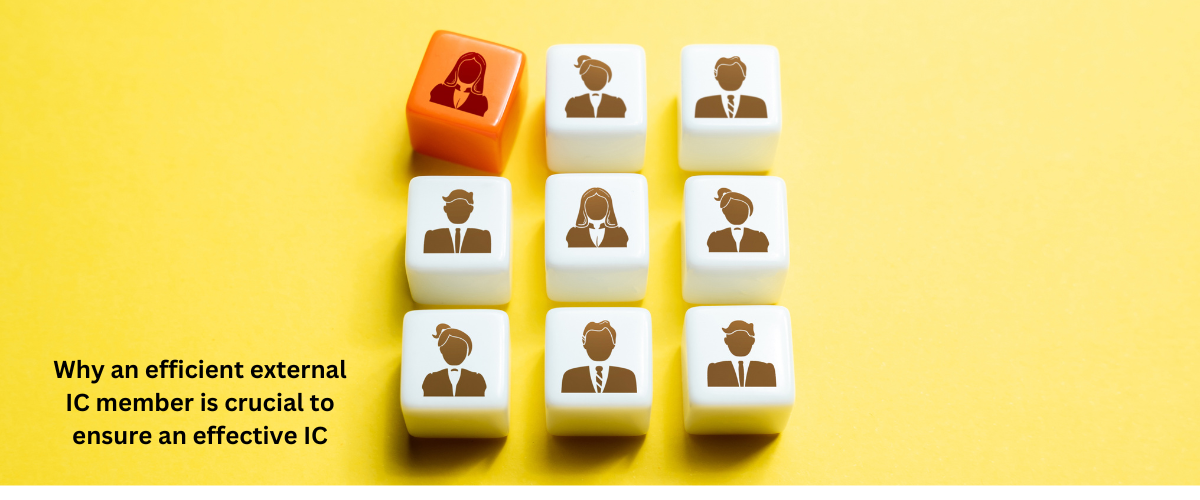Ever since the POSH Act – Sexual Harassment of Women at Workplace (Prevention, Prohibition and Redressal) Act, 2013, came into effect, employers are under an obligation by law to put processes in place to prevent and address sexual harassment issues.
One mandate of the POSH Act is that every employer with 10 or more people in their workforce must set up an Internal Committee (IC) to help drive prevention, awareness, and sensitisation and put in place formal mechanisms for complaints, redressal, and remedial actions. The committee must have at least four members, including one external member.
This external member is generally expected to represent either a non-governmental organisation or an association working towards women’s causes or should be someone cognizant with sexual harassment matters and pertinent rules. This member has, perhaps, the most crucial role to play in ensuring that the IC functions and delivers as expected.
Why bring an ‘outsider’ into ‘internal’ affairs?
In February 2020, India’s apex court asserted that “the purpose of having such a member is to ensure the presence of an independent person who can aid, advise and assist the Committee. It obviates an institutional bias…” These are pertinent points.
Prevention and remedial processes must be robust and trustworthy for the law to be truly effective in upholding the conditions of a safe work environment for women. Trust and transparency are vital factors. Victims and witnesses are more likely to come forward if they have a good understanding of the organisation’s stance and policy on sexual harassment matters at the workplace. Complainants will come forward only if they can repose enough faith and confidence in the system. Potential instances of harassment can be prevented only if would-be harassers understand there would be consequences for them that serve as effective deterrents.
That’s why the right external IC member can bring several advantages including:
Gravitas
Without doubt, members of the IC must be armed with ample knowledge, competencies, and tools to function properly and create real impact. They must have adequate training to take on nuanced complaints and tangled investigations besides a clear grasp of the legal and ethical aspects. A competent IC also treats every complaint with gravitas and without bias, facilitating mediation and counselling sources as the situation requires. They must investigate complaints with thoroughness and neutrality, making timely enquiries and report findings with recommended actions against the person accused of harassment.
Broader perspective and expertise
However, this is easier said than done. Confidence in the system is a lot harder to achieve than competence. Here, the importance of the external member’s role cannot be emphasised enough. While other members of the IC understand the inner workings of the organisation well, an external member can ensure that the focus on the issue is unwavering. Unlike internal members who might have other work priorities, the external member is essentially an expert with a primary focus on dealing with these matters. They also bring in a wider variety of experiences working with other organisations, expertise in the POSH Act, documentation, enforceability, timelines and so on.
Objectivity and unbiased approach
Objectivity and neutrality are of utmost importance for ICs to be efficient and effective. Organisations must seek an external expert who is well-trained in schooling their emotions. Such a member would not carry any baggage of preconceived notions or existing relationships that can divert or impact the course of inquiries and redressal – internal members may not always be able to avoid biases.
The inclusion of such a member in the IC will greatly boost the outcomes of its inquiries, investigations, and decisions and improve employees’ trust in the system which is so elusive but essential.

